A few weeks ago, we had the pleasure of heading to Denver for the NACCHO360 Conference, and what an enriching experience it was! At Flourish and Thrive Labs, we’ve worked closely with NACCHO the past year, developing analytics capabilities and planning for the Informatics Plenary on Thursday morning. Having a booth at NACCHO360 was a great opportunity for us to talk to people and learn about the challenges local health departments face with data modernization.
So, what did we glean from our time there? Here are a few key takeaways:
The Many Facets of Data Modernization
Perhaps unsurprisingly, the term “data modernization” seems to mean different things to different people. We discovered this firsthand on the showroom floor when we asked attendees, “What does data modernization mean to you?” It was eye-opening to hear the responses. We heard a range of responses, including anxiety, cause of excitement, not impacting their job, and others said that they didn’t know what data modernization in public health was.
This allowed us to clarify and explain how data modernization in public health impacts each of the ten essential public health services. We noticed that data modernization tends to be compartmentalized within certain parts of a health department rather than integrated throughout. We had some of the most exciting conversations with lactation consultants and public health educators who wanted to understand how to leverage data more effectively in their work.
Workforce Needs are Paramount
Our conversations often centered on the workforce development challenges to implement data modernization for local health departments. So many conversations at NACCHO360 centered on the need for a strong local public health workforce– not just for data modernization. Training and recruiting staff who can navigate the tides of 21st-century modernization is a formidable challenge for local health departments. Dealing with burnout from the pandemic and cuts in funding will be challenges faced by local health departments for years to come. At Flourish and Thrive Labs are excited to tackle this challenge in partnership with these departments. It is part of why we build capacity building into all of our engagements.
The Demand for Data Modernization Education
One of the benefits of having a booth at the conference was the opportunity to include an educational piece on the Data Modernization Initiative (DMI) in the tote bags. The feedback was overwhelmingly positive, with many saying it was one of the best educational materials they had received on DMI. This points to a larger need for more education on data modernization. We hope to see other stakeholders, including the CDC and NACCHO, join the effort to enhance understanding of DMI and specifically how DMI will impact local health departments.
The Welcoming & Kind Spirit of People
Last but certainly not least, we had a little additional team member in attendance at the conference – our 10-month-old daughter. Due to an unexpected childcare hiccup (a reality many working parents can relate to), our daughter joined us on the conference floor in Denver. We were a little concerned about how people would interact with us having our infant with us. Everyone was kind, gracious, and engaging with her! She was a wonderful icebreaker and a source of joy throughout the conference. A big thank you to everyone who interacted with her and allowed her to take up the space that she needed. She is the future of America and it is important to center our policy and programs with the future in mind.
Concluding Thoughts
Reflecting on our time at the NACCHO 360 Conference, we’ve gained invaluable insights into the complex nature of data modernization, further strengthening our commitment to capacity building in local health departments. The positive response to our Data Modernization Initiative (DMI) education piece underscores the need for continued education in this area. We’re excited to collaborate with key stakeholders, such as the CDC and NACCHO, to fulfill this demand. The warm reception of our youngest team member was a heartfelt reminder of the people-centered ethos at the core of our work. As we look forward to the next conference, we’ll use these insights to navigate the evolving landscape of public health data modernization, pushing forward in our unwavering commitment to a brighter public health future.


